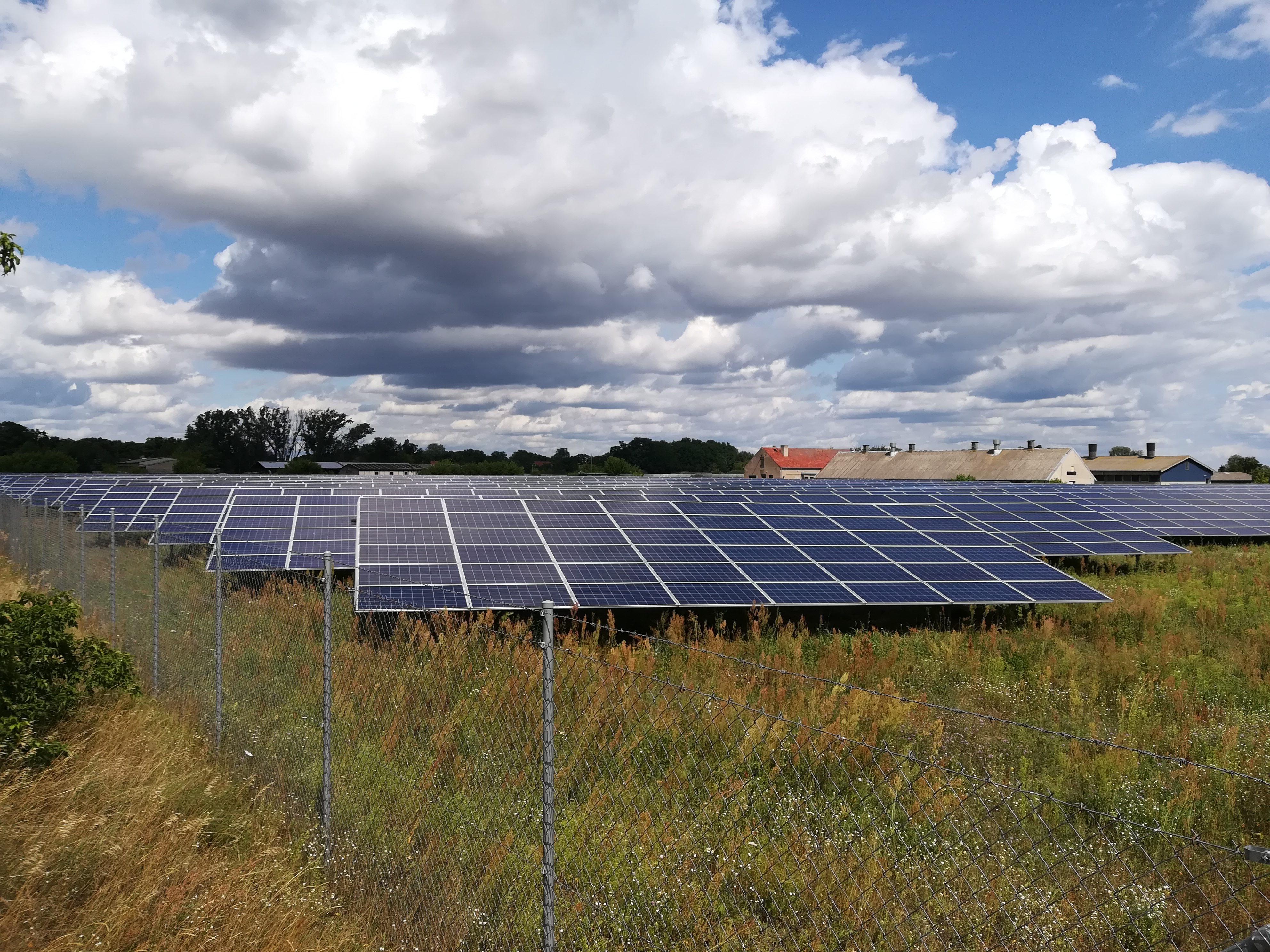Renewables levy could come to early end as govt split over power consumer relief
The German government is considering an early end to the country’s renewable energy surcharge to unburden power customers amid the ongoing European energy price crisis, news agency dpa reports in an article carried by Handelsblatt. The surcharge that is used to fund guaranteed remuneration for operators of renewable power installations had already been scheduled to be cancelled at the beginning of 2023, but the abolition of the levy that each customer pays with their power bill could now be brought forward in a broader package to aid households struggling with high prices for heating and electricity, the Social Democrats’ (SPD) parliamentary group leader Rolf Mützenich said. According to economy and climate minister Robert Habeck of the Green Party, doing away with the renewable energy surcharge, which currently stands at 3.723 cents per kilowatt hour (kWh), would save the average household about 300 euros per year.
With the introduction of Germany’s national carbon price on transport and heating, the previous government agreed on a gradual phase-out of the surcharge and to fund guaranteed remuneration to renewables directly through the state budget. High power prices have already reduced support payments to renewables operators, as their guaranteed income is already covered by power sales.
Environment minister Steffi Lemke of the Green Party has said she will seek regulatory changes to rein in power providers who she suspects are charging excessive prices that abuse the plight of customers amid the energy price hike. Lemke’s ministry is also responsible for customer protection. Some customers who were forced to change to default standard providers due to budget power retailers going out of business amid the price hike are reportedly charged about 90 cents/kWh, three times the price charged to existing customers, an article by Tagesspiegel Background says. Even if slightly higher prices were acceptable for new customers, this difference could “by no means be justified” by market forces, Lemke said. Her party colleague Habeck’s economy and climate ministry is considering changes to the country’s Energy Industry Act (EnWG) that could prohibit price splitting at default providers in the current form, the article says.
While the Social Democrats (SPD) are generally in favour of offering more support to customers, the third party in Germany’s new government coalition, the pro-business FDP, is not convinced that the government should intervene to side with those who initially sought to save money by using budget power providers. “Customers should be aware that a cheap deal can become costly in the end,” the Free Democrats’ (FDP) Judith Skudelny said in a different article in Handelsblatt. Lawmakers should therefore not get involved in the free choices made by buyers and suppliers, she said.
Ingbert Liebing, head of municipal utility association VKU, which represents municipal utilities who are often standard providers, said his association would not fear a legal inquiry into its business practices as these were in line with the law. Energy industry association BDEW also said that companies should have the right to set higher prices as they see fit, but association head Kerstin Andreae said she was looking forward to talks with the government to resolve the situation.

